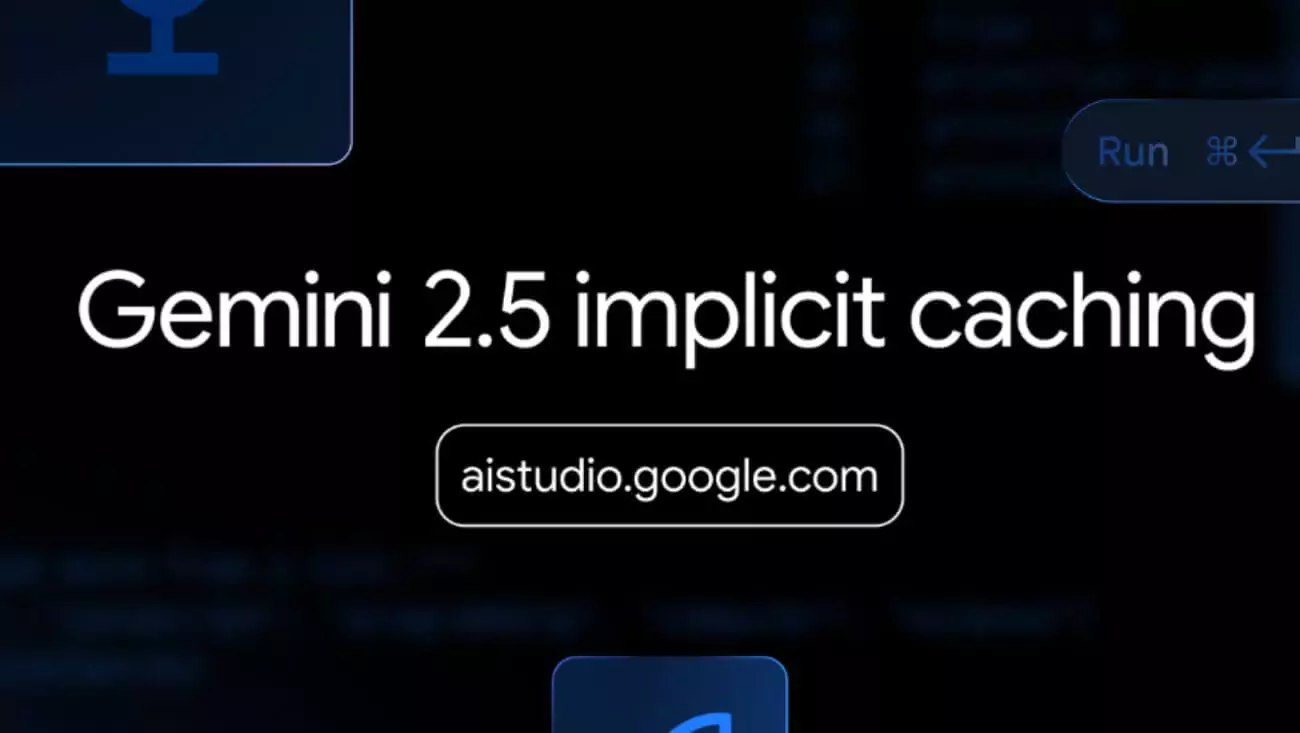Google has launched implicit caching for its Gemini 2.5 models, a feature that automatically applies a 75% token discount on repetitive context, making AI development more affordable for developers. Announced on May 8, 2025, through the Google Developers Blog, this update to the Gemini API aims to streamline costs without sacrificing performance. As Google advances its AI technology, implicit caching could redefine how developers use AI models, though it also highlights challenges around usability and data privacy.
The official post explains that implicit caching detects when a request shares a common prefix with previous requests, qualifying it for a cache hit and applying a 75% token discount on the cached portion. Unlike explicit caching, which Google introduced in May 2024, this feature requires no manual setup, simplifying the process for developers. To optimize cache hits, Google advises placing repetitive content at the start of requests and adding variable elements, like user queries, at the end. The feature, active by default for Gemini 2.5 Pro and 2.5 Flash models, also lowers the minimum request size for caching to 1024 tokens for 2.5 Flash and 2048 tokens for 2.5 Pro.
We’re rolling out implicit caching in the Gemini API. ✨ The feature passes cache savings back to devs without the need to create an explicit cache, providing the same ~75% token discount. Get details here ↓ https://t.co/wavv4gUEXt
— Google AI Developers (@googleaidevs) May 8, 2025
Google AI Developers shared the news on X , receiving enthusiastic responses from the community. Users like @RfSharko praised the team’s momentum, calling them “on fire,” while @lalopenguin appreciated the frequent updates. However, some feedback was critical—@AI_AGI_ noted that the Gemini-2.5-flash-preview-04-17 API still experiences response delays due to thought generation, even with a budget set to 0, suggesting areas for improvement. To aid transparency, implicit caching includes usage metadata with a cached_content_token_count, allowing developers to track discounted tokens, which supports better cost management within Google’s AI ecosystem.
Despite its benefits, implicit caching has limitations. TechCrunch pointed out that developers must carefully structure requests to ensure cache hits, which may not suit all workflows, particularly those with highly variable inputs. For guaranteed savings, Google still offers explicit caching for Gemini 2.5 and 2.0 models. While cost efficiency is a major draw, the feature’s reliance on caching raises questions about data handling and potential impacts on response accuracy in complex scenarios. Developers may need to balance cost savings with performance, especially in applications requiring dynamic inputs, like real-time chatbots or interactive tools.
Implicit caching could make Gemini 2.5 models more accessible for developers building AI applications, such as automated customer support or educational platforms, where repetitive context is common. By lowering costs, Google is positioning its AI models as a competitive option in the market, potentially attracting more users to its platform. However, addressing user feedback, like the noted delays, will be key to ensuring the feature meets diverse needs effectively.
Google’s implicit caching for Gemini 2.5 models is now available, offering a cost-effective solution for AI development. This update could empower developers to create more efficient applications, but its success will depend on how Google refines the feature over time. What are your thoughts on implicit caching, and will it influence your AI projects? Share your perspective in the comments—we’d love to hear your insights on this budget-friendly advancement.







